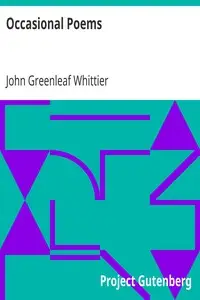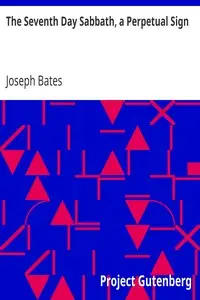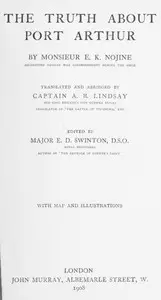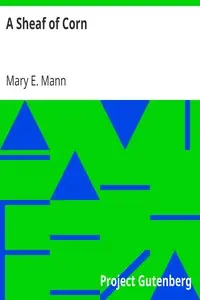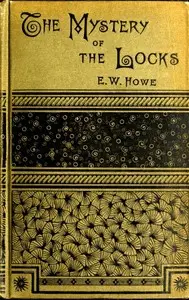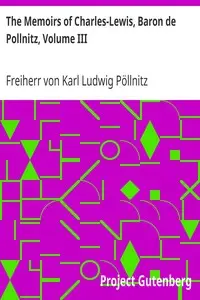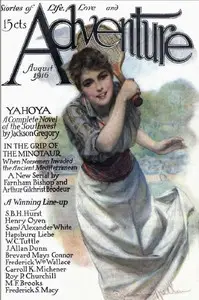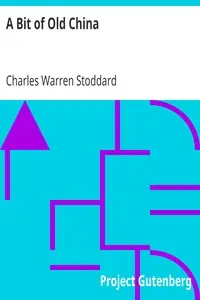"The Irrational Knot" by George Bernard Shaw is a novel written in the early 20th century, specifically in the late 19th century during Shaw's formative years as a writer. This book explores themes of class, morality, and the complexities of human relationships, using characters that represent a cross-section of society and its values. Central to the story is Conolly, an Irish-American electrical engineer whose interactions with society reveal the tension between social ambition and the constraints of class and personal ethics. The opening of "The Irrational Knot" sets the stage for the story by introducing Conolly as he prepares for a concert at which he will perform. This moment establishes his character—confident and competent in his art. The scene shifts between Conolly and a young woman named Elinor, who is portrayed as both intriguing and critical of her surroundings. Through their interactions, Shaw exposes the characters' nuances and the social commentary inherent in their exchanges, hinting at deeper explorations of self-identity, aspiration, and the tangled web of social expectations. This beginning effectively lays the groundwork for a narrative that examines human connections and the irrationalities that bind individuals in both personal and societal contexts. (This is an automatically generated summary.)

The Irrational Knot Being the Second Novel of His Nonage
By Bernard Shaw
"The Irrational Knot" by George Bernard Shaw is a novel written in the early 20th century, specifically in the late 19th century during Shaw's formati...
Genres
Released
2004-02-01
Formats
epub (images)
mobi (images)
epub3 (images)
epub
mobi
Free Download
Overview
About the Author
George Bernard Shaw, known at his insistence as Bernard Shaw, was an Irish playwright, critic, polemicist and political activist. His influence on Western theatre, culture and politics extended from the 1880s to his death and beyond. He wrote more than sixty plays, including major works such as Man and Superman (1902), Pygmalion (1913) and Saint Joan (1923). With a range incorporating both contemporary satire and historical allegory, Shaw became the leading dramatist of his generation, and in 1925 was awarded the Nobel Prize in Literature.
Total Reviews
10.0k
Total reviews from Goodreads may change







